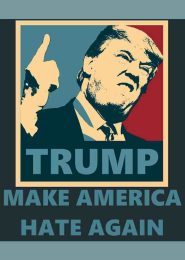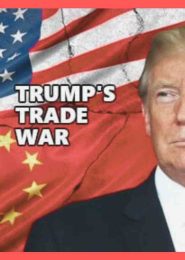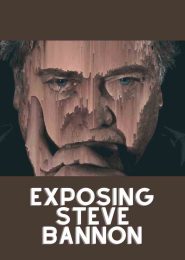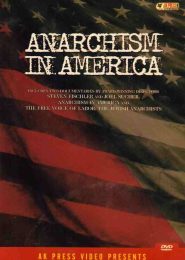Priceless (2011)
Priceless, a documentary released in 2011, takes a hard look at this very issue. The film dives into the world of corporate lobbyists and the impact of their influence-peddling in Washington D.C.
But wait – there’s more. Priceless examines why certain beneficial practices, like healthier organic farming, haven’t been widely adopted and why fossil fuels still maintain a stranglehold on America. It’s a story that might make you ask, “Do I have your attention yet?”
And that’s just one side of the story. The documentary also presents potential solutions, highlighting local campaign finance reforms in Arizona and Maine. But wait, let me tell you something, these reforms faced their own challenges when lobbyists and political action committees stepped in.
Now, you might be asking yourself, what does this mean for you? It means that the democratic process you trust might be under the sway of powerful monied interests. And how does that work? Through millions of dollars poured into politicians’ coffers, necessary for financing any successful election campaign.
Think about that for a minute. The film suggests that this system makes a mockery of democratic government. Nevertheless, Priceless doesn’t just vent frustrations; it points to real-world examples of how campaign finance reform can be tested and implemented.
In essence, Priceless is a call to action. It’s a documentary that urges viewers to consider the implications of unchecked corporate influence in politics. So, what’s the secret to change? It starts with awareness and leads to action.
To sum up, Priceless is an eye-opening exploration of the intersection between money and politics. It’s a reminder that the power to shape the future of democracy lies in informed and active participation. And as if that is not enough, it’s a film that encourages you to be part of the solution.
So give it a go, watch Priceless, and join the conversation. It’s a step towards understanding and shaping the future of democracy. Now go out and do it – engage, learn, and contribute to the movement for a better democracy. Let’s recap: it’s a call to action, a lesson in civics, and a beacon of hope for a more just society. And that’s the bottom line.




